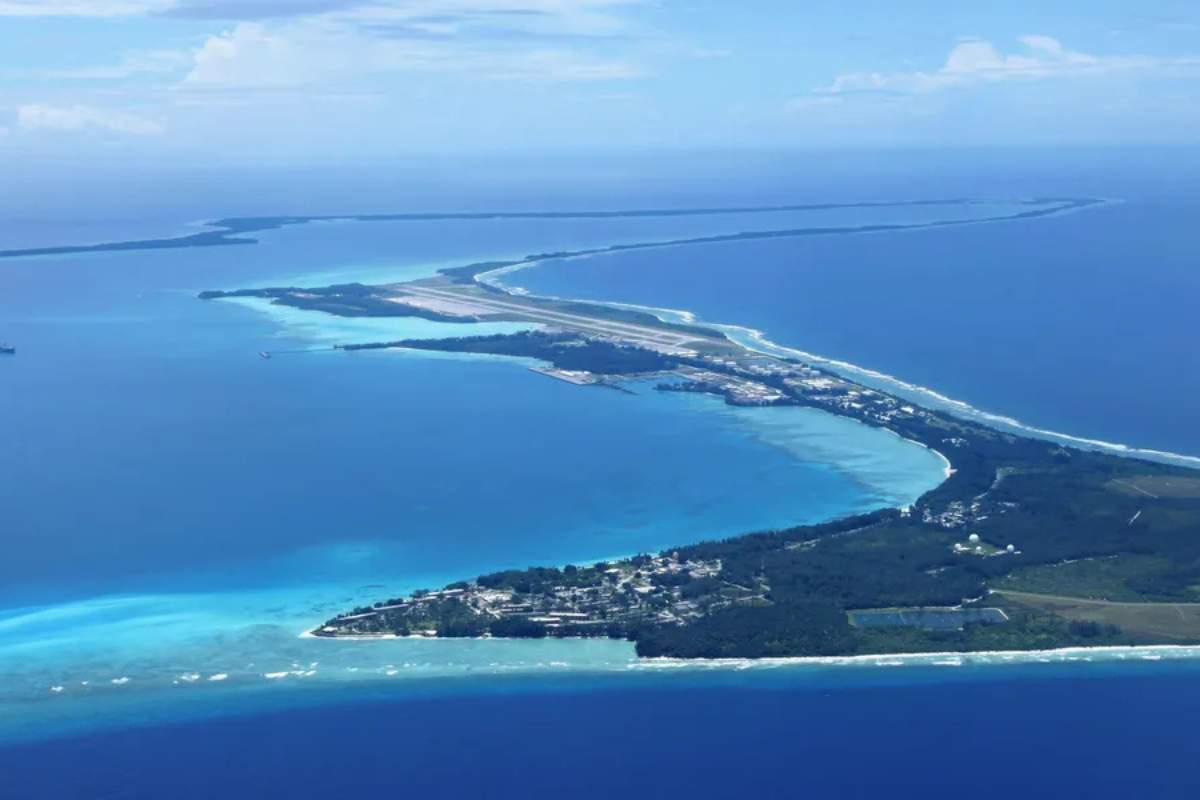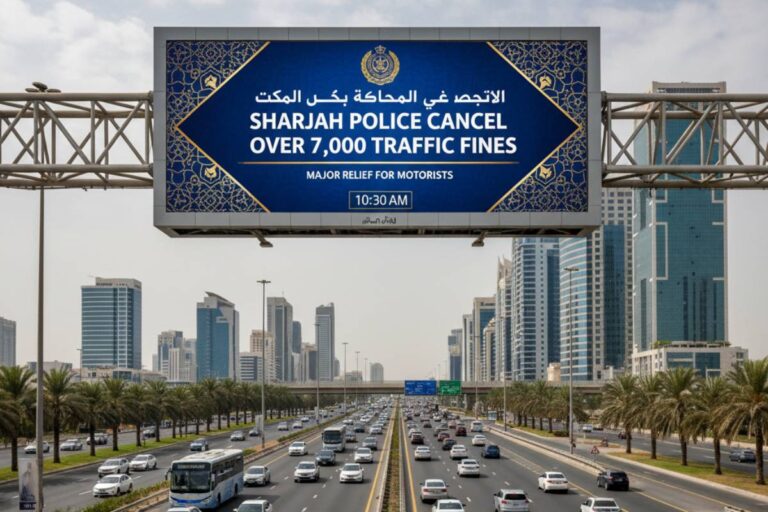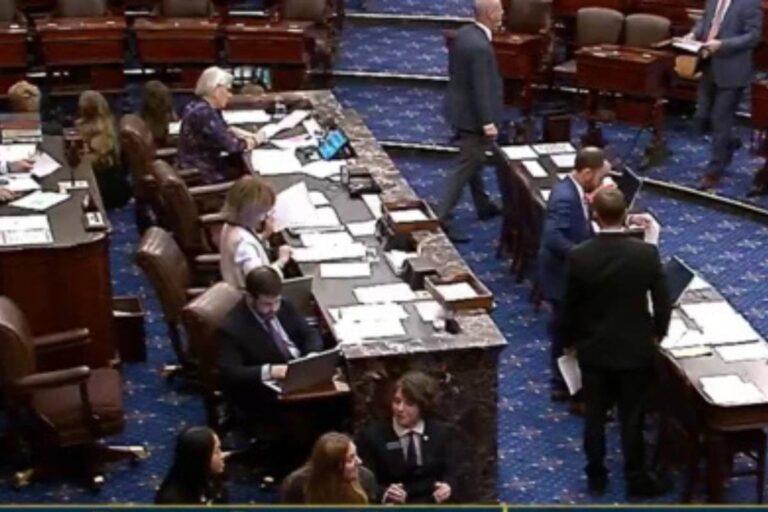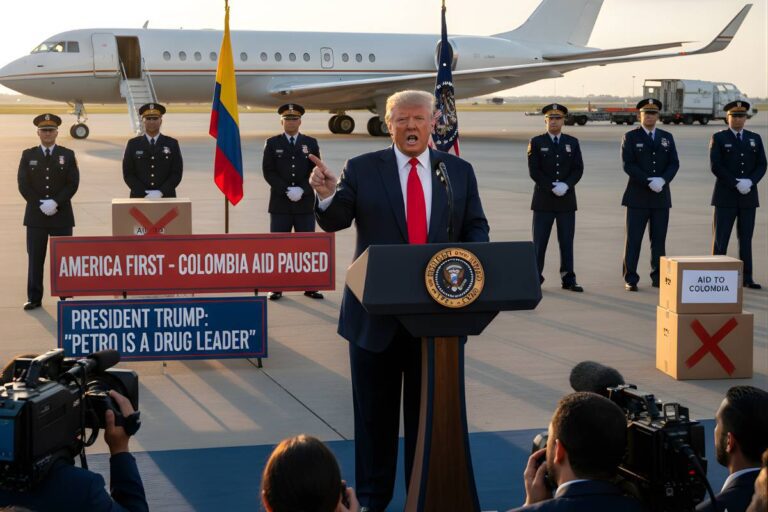A critical agreement over Chagos Islands’ sovereignty has been derailed by a last-minute judicial injunction, casting a spanner into the works of an ostensibly imminent deal between the UK and Mauritius. This turn of events forces into prominence a long-standing knotty problem, combining colonial heritage, military strategic interests, and the emotive desire for resettlement by displaced Chagossians
The Chagos Islands sale, the focus of intense deliberations, was brought to a dramatic halt by an emergency application to the High Court. The legal action, initiated by the Chagossian people, highlights the long-standing fear and open wounds of a nation forcibly displaced from its home many generations earlier.
The Indian Ocean archipelago, which has been British since 1814, came to play a major role in modern history in 1965 when the UK split the Chagos Islands from Mauritius, then a British colony, to create the British Indian Ocean Territory (BIOT). This action set the stage for the construction of a strategic joint US-UK military base on Diego Garcia, the largest island in the chain. The native inhabitants of the islands, the Chagossians, were forcibly removed between 1967 and 1973, a traumatic displacement that has been the subject of international legal struggle and condemnation ever since.
The Heart of the Matter: Sovereignty, Security, and the Chagossian Right to Return
The mooted Chagos Islands agreement was said to involve relinquishing sovereignty of the islands to Mauritius, which would represent a dramatic change of heart by the UK after decades of claiming jurisdiction over the island chain. But an essential element of any deal would be the ongoing use of the strategically important military base on Diego Garcia. This facility has served a major strategic role in US and UK military missions in the Middle East, Afghanistan, and the Indian Ocean region.
For Mauritius, restoring sovereignty over the Chagos Islands has been a protracted diplomatic goal, supported by several international judicial decisions, of which a landmark advisory opinion from the International Court of Justice (ICJ) in 2019 is notably prominent. According to this, the UK’s continued control of the archipelago was against the law. The African Union and the United Nations General Assembly have also endorsed resolutions for Mauritius.
But the most urgent human face of this geopolitical struggle is the Chagossians’ future. The forcibly removed islanders and their children, who live in poverty in the UK, Seychelles, and Mauritius, have been fighting for the right to return home for generations. Their lawyers have constantly maintained that any agreement reached without their serious consultations and without redressing their right to go back home and fair reparations would amount to further injustice to them.
The eleventh-hour injunction that has suspended the Chagos Islands agreement seems to be based on these same issues. According to reports, the court action was brought by Chagossians who felt their interests were not being listened to and whose essential rights, especially the right to resettle on the islands, could be undermined by the terms of the upcoming accord.
Exploring the Legal Challenge and Its Implications
More details of the grounds on which the injunction was sought are coming out, but it means that a High Court judge believed there was enough substance in the arguments of the claimants to merit the suspension of the completion of the Chagos Islands agreement temporarily. Interim relief is normally granted if there is a serious issue to be litigated, if damages are not an adequate remedy, and where the balance of convenience is in favor of granting the injunction.
This judicial intervention has several direct effects:
- Delay in Resolution: The most direct effect is a postponement of the resolution of the sovereignty issue. What appeared to be a possible breakthrough now languishes in additional judicial proceedings.
- Increased Scrutiny: The judicial process will subject the terms of the deal to renewed international and public scrutiny, especially how it treats the rights and interests of the Chagossian people.
- Renegotiation Potential: Depending on the outcome of the court challenge, the UK and Mauritian governments may be forced back to the negotiating table to renegotiate some areas of the deal to meet the findings of the court and concerns of the Chagossians.
- Focus on Chagossian Rights: The case puts the Chagossians’ voices and decades-long campaign for justice at the forefront, making sure that their cause becomes the central issue in any discussion regarding the future of the islands.
The Larger Geopolitical and Historical Context
The drama of the Chagos Islands serves as a poignant reminder of the ongoing intricacies of decolonization and the long-term strategic calculations of the world powers.
- Colonial Legacy: The division of the islands and the displacement of their people are seen by most as a profound injustice perpetrated by colonial-era power relationships.
- Strategic Significance: Diego Garcia’s military facility remains a keystone of US and UK strategic interests in a troubled region. Its deep-water port and long runway are suited for handling large naval ships and long-range bombers. Its future is a vital consideration in any sovereignty talks.
- International Law and Norms: The Chagos case has turned into a test case for the implementation of international law in the areas of self-determination, territorial integrity, and human rights. The ICJ’s advisory opinion and subsequent UN resolutions have put significant pressure on the UK.
What Lies Ahead for the Chagos Islands Deal?
The future of the Chagos Islands deal is now in doubt. The near-term attention will be on the High Court judicial proceedings that are currently taking place. The UK government must respond to the allegations, and the court will conduct a more extensive review of the matters involved.
There are several possible outcomes:
- Injunction Lifted, Deal Goes Ahead (Potentially Revised): The court may finally lift the injunction and permit the deal to go ahead, possibly with some adjustments to address the issues raised.
Injunction Upheld, Deal Stalled or Renegotiated: If the court preserves the injunction or decides for the claimants on the merits, the deal as it stands could be sharply stalled, necessitating a complete rethink or thorough renegotiation.
Long and Tortuous Legal Struggle: The legal action can turn into a long and complicated court fight, which will only further postpone any outcome.
All along the way, the Chagossian people’s voices will be heard. Their call for justice, right of return, and genuine input on the destiny of their native islands will still be at the center of this developing saga. The Chagos Islands agreement, whenever and however it is to be concluded, will be not only measurable in terms of its geopolitical significance but also in terms of its potential to provide a just and durable settlement for the people so grossly harmed.
The world will be observing closely as the UK negotiates this complex matrix of historical duty, strategic necessity, and human rights obligations. The halt over the Chagos Islands deal is an important reminder that diplomatic and political negotiations must be underpinned by principles of justice and accountability for past wrongs. The search for a final, fair resolution to the Chagos Archipelago and its people is hardly at an end.






















